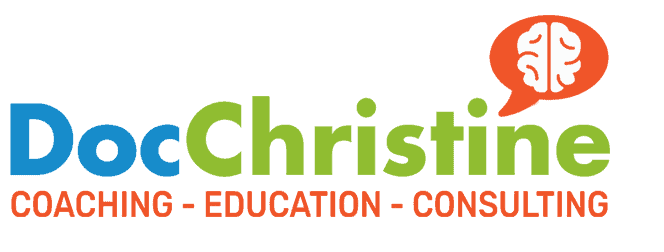What are Supplements?
Do you ever wonder if you really need supplements and what all is called a supplement?
When you go through the supplement section of a supermarket or health store – or browse on the internet – you get flooded with supplements, all claiming to be the best and cheapest or the only ones to cure whatever ails you.
We all have become weary of such marketing messages, and rightfully so. In my research about Supplements I came across all kinds of wild claims and also very good and reasonably priced supplements.
But what really is classified as a supplement (More specific, nutritional supplement)?
Health Canada calls it Natural Health Product, roughly defined as traditional or homeopathic product. To be sold from Canada in Canada, the products – as well as the manufacturing and/or importing facilities have to be licensed by Health Canada and the products have to bear a so-called NPN number. This doesn’t prove that the supplements are any good, but it does give you some assurance that they are not dangerous for most healthy people.
But then there is a vast variety of products available online from all countries, and many of them have never been evaluated (do they contain what they claim is in it – and nothing else? – Are there any harmful substances in it, heavy metals, environmental chemicals etc?)
What supplement do I need?
Then it is important to evaluate your needs – which supplement and what form of it and what dosage should you choose and how long to take it and what interactions with other products or medicines do you have to consider? It is also important that certain supplements can be harmful for you if you have certain health conditions, like kidney or liver disease, take certain medications, or other supplements…
What major classes of supplements are there?
The major classes of supplements to consider are: Vitamins (e.g. Vitamin C), minerals, herbs/plants/fungi and parts thereof, fatty acids (e.g. Omega-3), microorganisms (e.g. Probiotics), amino acids, proteins, hormones, enzymes, other chemicals, phytochemicals (e.g. antioxidants), homeopathic remedies and all kinds of combinations thereof. There are synthetic and natural substances available as well as fermented and other specially prepared ones. Confused yet? I bet!
It is therefore very important to ask a knowledgeable individual (e.g. your pharmacist, physician or DocChristine) about individual advice for you.
Ideally you would have a supplement plan like the ones I provide for my clients! Interested? Schedule your FREE consultation below!
In the next months we will talk more about specific supplements, how to recognize a good nutritional supplement and the things to consider when buying them.
